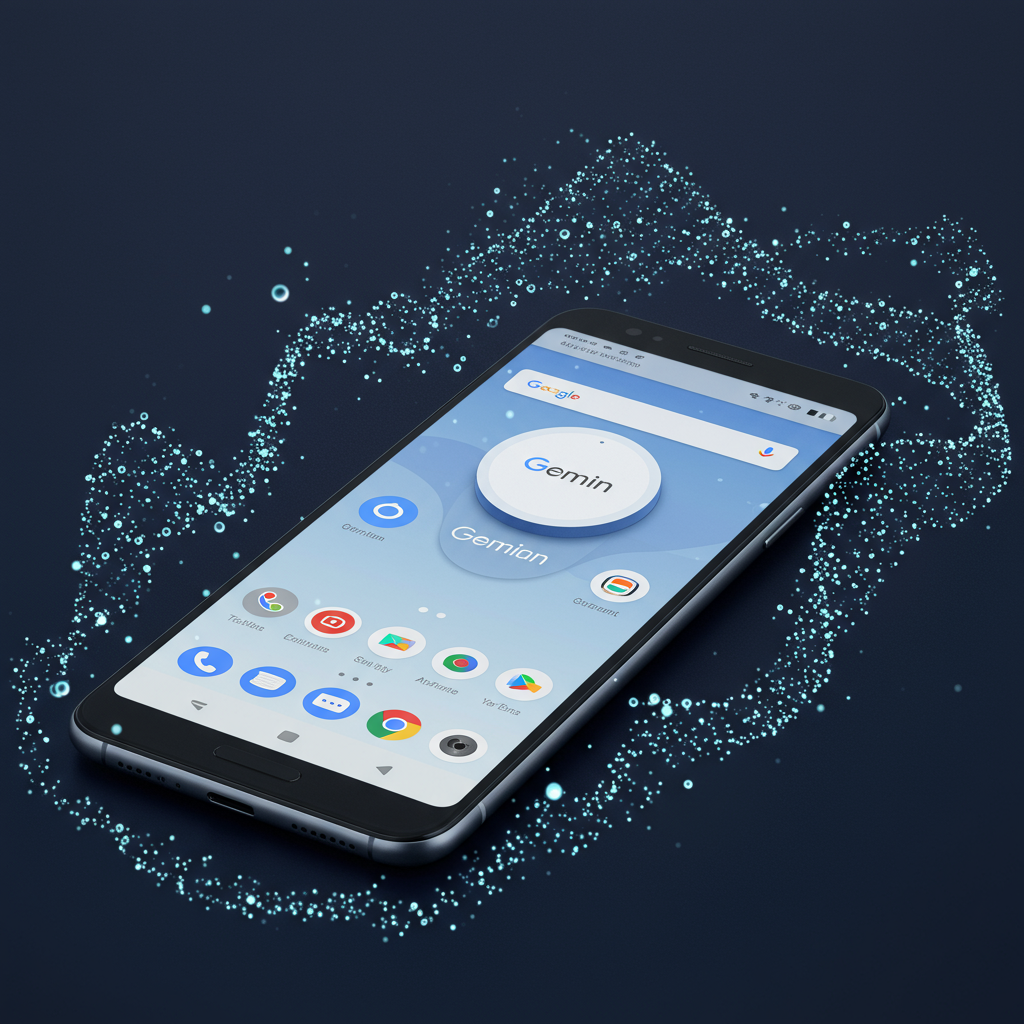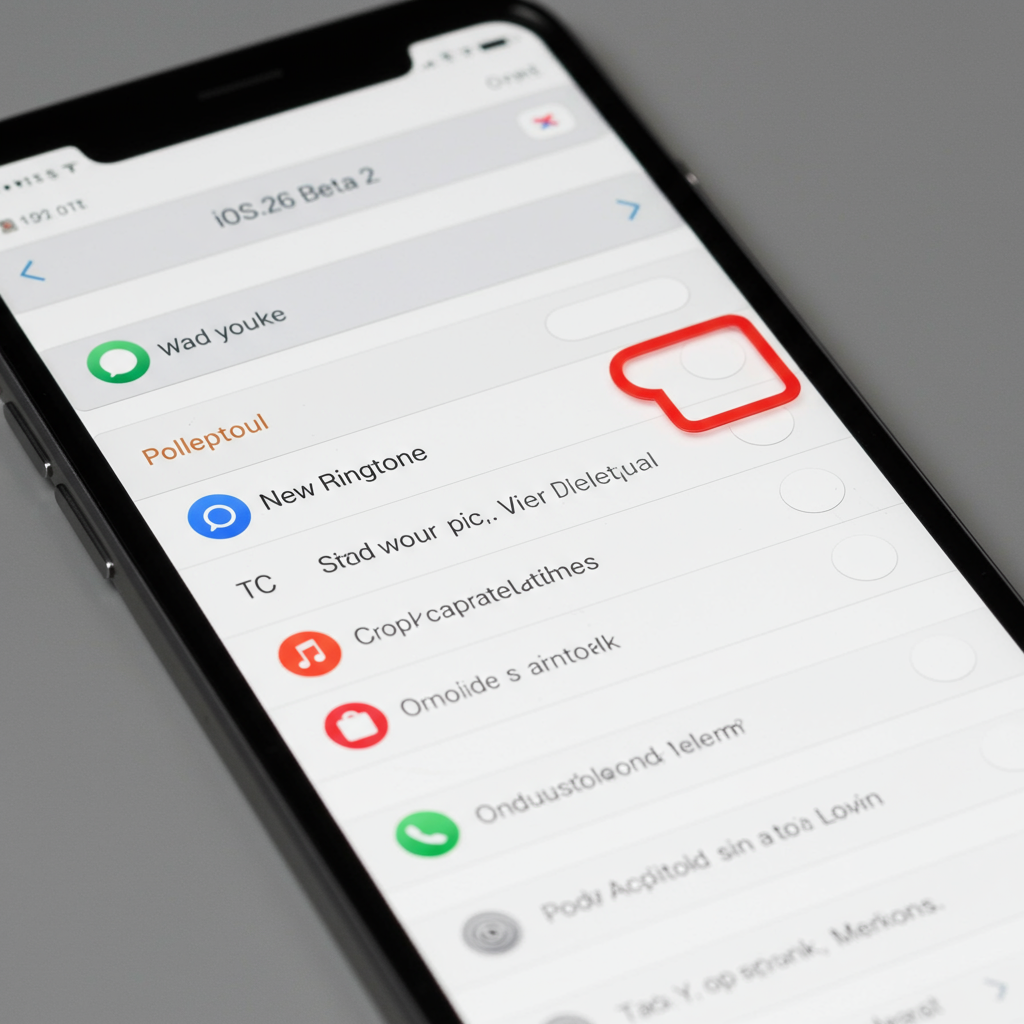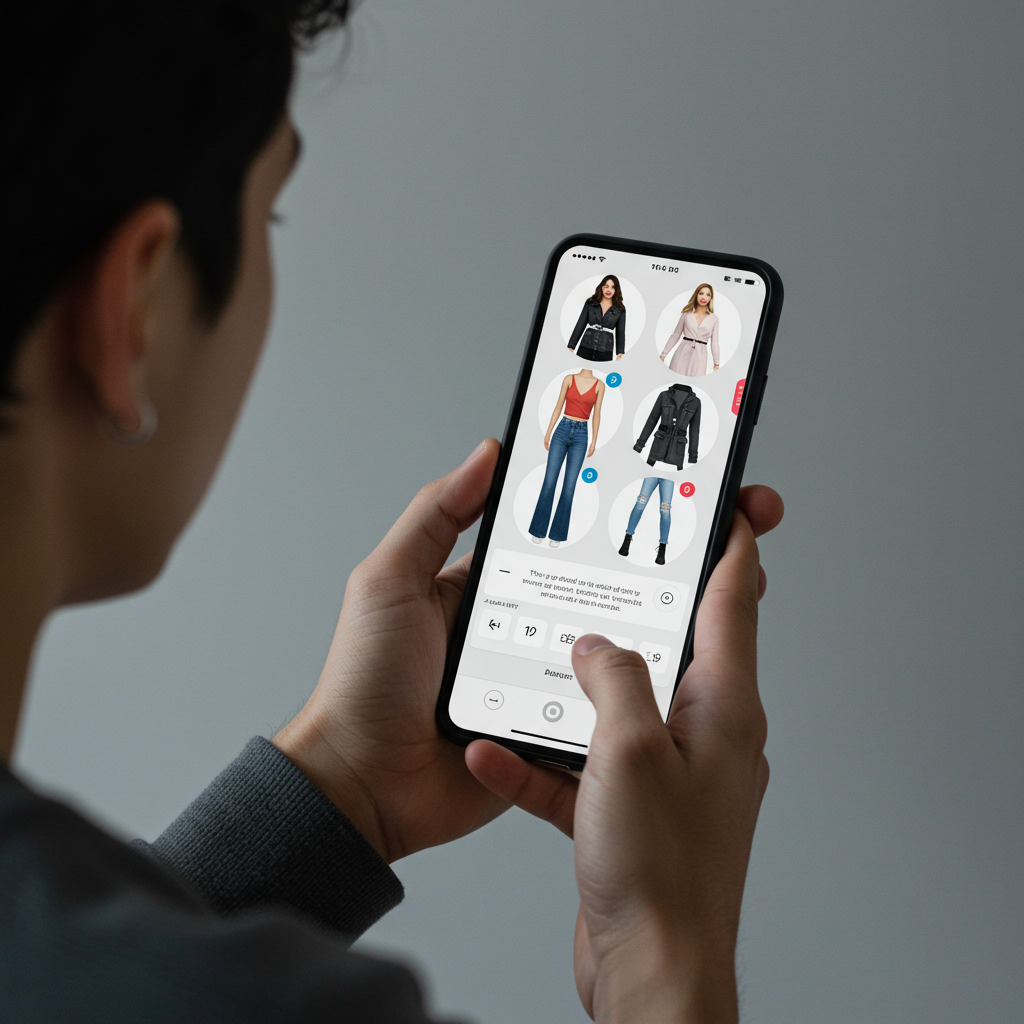Google is making significant strides in its transition from the classic Google Assistant to its AI-powered successor, Gemini. This strategic shift is driven by the power of generative AI, aiming to create a more capable and intuitive personal assistant experience. The move has been rolling out across Android devices over the past several months, with Google planning to phase out the classic Assistant on most mobile devices entirely later this year, steering users towards the new AI model.
While Gemini already handles core tasks like setting timers via the Clock app and integrating with Utilities extensions, it has been missing some familiar features that users relied on in Google Assistant. One notable absence was the ability to identify songs playing in the background.
This was particularly felt by users on non-Pixel Android phones, who don’t have the built-in “Now Playing” feature that automatically identifies songs on the lock screen. Previously, asking Gemini “What song is this?” would result in a prompt to download a third-party music recognition app, unlike the old Assistant which could provide the answer directly.
Gemini Now Identifies Music on Android
The good news for Android users is that Google has closed this gap. A recent update to the Gemini app on Android now allows it to leverage the powerful “Song Search” feature built into the main Google app.
When you ask Gemini to identify a tune playing near you, you’ll see a multi-colored oscillating sphere visualization. Gemini then utilizes the Google app’s capability – which is sophisticated enough to even identify a song from you humming or whistling the melody – to find the track name. The result displayed will typically include:
The song title
The artist
Options to view an overview or lyrics
A link to a video of the song
This seamless integration brings a key piece of functionality back to the forefront for users making the switch to Gemini.
The Experience Differs on iOS
It’s worth noting that the song identification feature currently behaves differently on iOS. Due to its text-based nature, asking Gemini on an iPhone to listen for music doesn’t work; it will respond that it cannot process audio. Similarly, using the standard Google app on iOS for song recognition often directs users to download a separate app like Shazam. In contrast, Siri on iOS can identify songs effectively, often by integrating with and launching Shazam in the background, even if the user doesn’t have the Shazam app installed.
Gemini’s Broader Push Towards AI Assistance
The addition of background song recognition is just one piece of Google’s larger effort to enhance Gemini and position it as a comprehensive AI assistant. Beyond restoring familiar features from the classic Assistant, Google is building entirely new capabilities powered by generative AI.
Google is actively improving the Gemini experience, adding support for frequently requested functionalities like controlling media playback and performing actions directly from the lock screen. Furthermore, Google is introducing AI-native features designed to redefine digital assistance. Examples include enhanced conversational abilities and features like “Scheduled Actions,” which allow users to automate tasks such as getting daily news summaries or weekly grocery lists at set times. This move into proactive task automation puts Gemini in direct competition with other advanced AI models like OpenAI’s ChatGPT, leveraging Gemini’s deep integration with Google services like Gmail and Calendar for enhanced context and utility.
Google is also expanding Gemini’s reach beyond phones, with plans to bring the AI experience to tablets, cars, wearables, and eventually home devices like speakers and displays. Ongoing development, including previews of improved models like Gemini 2.5 Pro with better reasoning and coding capabilities, signals Google’s commitment to making Gemini a powerful productivity partner.
Conclusion
By adding features like robust song identification and integrating more deeply with core device functions, Gemini is steadily gaining parity with the classic Google Assistant. Combined with its unique generative AI capabilities and strategic expansion across devices and services, Google is clearly aiming to make Gemini the definitive AI assistant, not just a replacement, but a significant upgrade for the mobile era and beyond. The journey continues, but the addition of reliable song recognition marks a crucial step in making Gemini a more complete and compelling alternative for users.




